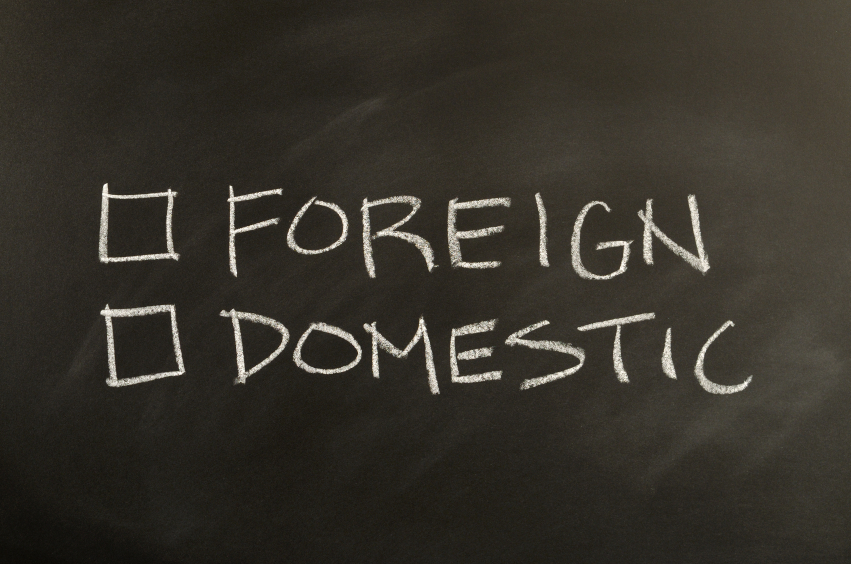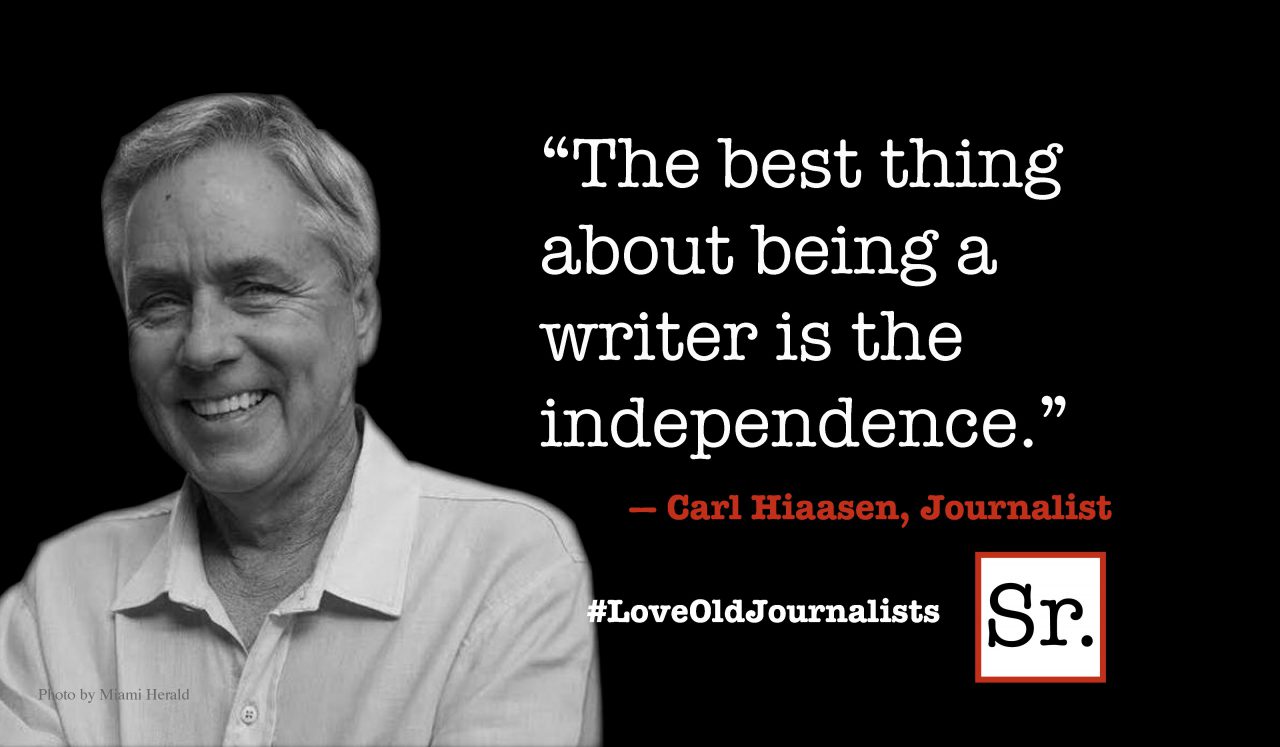Judging from a string of public opinion polls over the past two years, President Barack Obama has been conducting foreign policy in line with the wishes of the majority. Most Americans want the United States to stay out of foreign entanglements, mind its own business and stop trying to solve the world’s conflicts. They want nation-building at home, not abroad.
Broadly speaking, this is what Obama provided. So, it would be logical to assume that foreign policy in synch with the popular mood would translate into high approval ratings for the way Obama is handling world affairs. But in a puzzling paradox, this is not the case. Obama is drawing low marks on foreign policy. What explains this contradiction?
The polls give no conclusive answer but they point to the conclusion that Americans, on foreign policy, want to have their cake and eat it, too. They want the United States to play a less active role on the international stage but at the same time remain the world’s leading power.
In the words of Robert Kagan, a foreign policy scholar at the Brookings Institution: “A majority of Americans may not want to intervene in Syria, do anything serious about Iran or care what happens in Afghanistan, Iraq, Egypt or Ukraine. They may prefer a minimalist foreign policy in which the United States no longer plays a leading role in the world…In short, they may want what Obama has so far been giving them. But they’re not proud of it, and they are not grateful for giving them what they want…It is not something they will thank him for.”
The latest poll to reflect this paradox, commissioned by the Wall Street Journal, showed that approval for Obama’s handling of foreign affairs stood at 38 percent, the lowest in his presidency. But it also showed that 47 percent of those polled wanted a less active U.S. role in foreign affairs — the largest share in 20 years. The survey coincided with high tension between the U.S. and Russia over the Kremlin’s backing of pro-Russian separatists in Ukraine.
Obama critics on the right have portrayed him as a weak and indecisive president whose foreign policy makes the United States look weak and encourages leaders such as Syria’s Bashar al-Assad and Russia’s Vladimir Putin to ignore American wishes. John McCain, the Republican senator who lost to Obama in the 2008 presidential race, routinely bemoans “a growing disregard for America’s credibility in the world.”
Such criticism gained currency with the president’s handling of the civil war in Syria, where al-Assad scoffed at U.S. calls to resign and ignored Obama’s warning that using chemical weapons would cross a “red line.” After that line was crossed, the president was on the verge of ordering punitive air strikes but called them off in the face of overwhelming public opposition. Non-interventionist sentiment crossed party lines and so did complaints about the president having made empty threats.
The president’s vacillation on Syria also contributed to the notion that “he is not articulating a strong overarching blueprint for the exercise of American power and has not been able to bend authoritarian leaders to his will,” as an editorial in the New York Times early in May put it. Americans seem to miss the heady days following the collapse of the Soviet Union when the United States became the world’s only superpower.
Part of the perception of weakness stems from exaggerated expectations: Four months into his first term, Obama made a lofty speech in Cairo about a new beginning in relations between the United States and the Muslim world. A few months later, at the United Nations General Assembly, he portrayed a vision of “a new chapter in international cooperation.” Neither the new beginning nor the new chapter turned into reality.
When he ran for his second term, Obama had overwhelming popular backing for an ambitious goal he set for himself — wind down the wars he inherited in Iraq and Afghanistan, make diplomacy the default position for resolving conflicts abroad, and focus his energy on domestic affairs. Foreign crises intruded, from Russia’s annexation of Crimea and intervention in Ukraine to civil war in Syria and the Arab Spring that eventually brought a harshly repressive government to Egypt.
Ironically, much of the harshest criticism of Obama’s foreign policy has come from pundits who supported the costly wars in Afghanistan and Iraq and from officials of the administration of George W. Bush whose planning was based on mistaken assumptions. (Remember Donald Rumsfeld and “we will greeted as liberators” in Iraq?)
Obama has responded to critics on the right with a tinge of irritation: “Frankly, most of the foreign policy commentators that have questioned our policies would go headlong into a bunch of military adventures that the American people had no interest in participating in and would not advance our core security interests.”
The presidential elections are still more than 900 days away and the non-interventionist mood of the public might change before November 2016. If it does, foreign policy is likely to play a big role in the debate.









